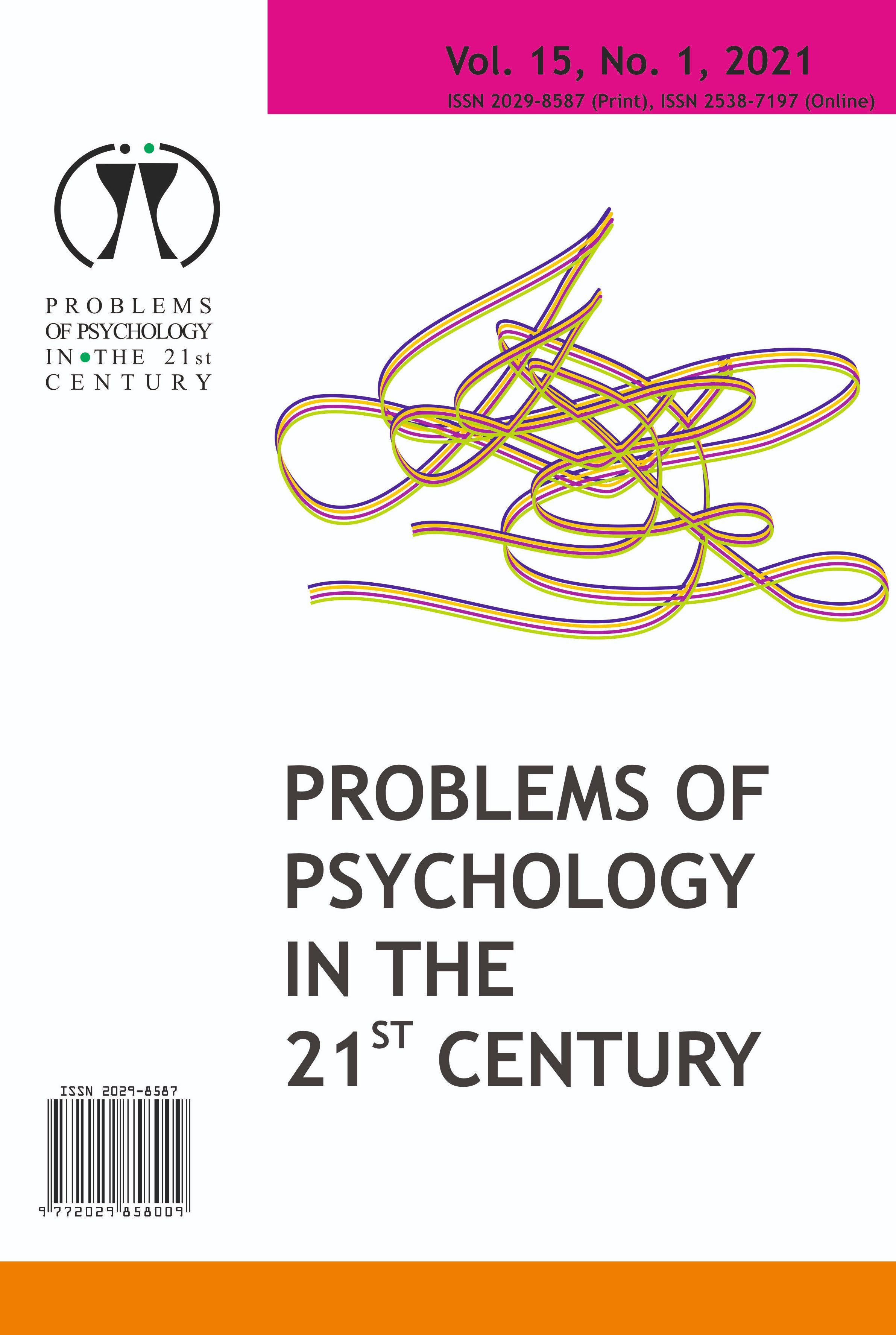TEACHERS' SOCIAL AND EMOTIONAL HEALTH INDICATORS IN THE DISTANCE LEARNING SITUATION DURING THE COVID-19 PANDEMIC
TEACHERS' SOCIAL AND EMOTIONAL HEALTH INDICATORS IN THE DISTANCE LEARNING SITUATION DURING THE COVID-19 PANDEMIC
Author(s): Guna Svence, Eva Gajdasova, Ala Petrulytė, Lūcija Kalnina, Lāsma Lagzdina, Ieva PakseSubject(s): Social Sciences, Psychology, Health and medicine and law
Published by: Scientia Socialis, UAB
Keywords: Teachers SEH; work engagement; emotional burnout;
Summary/Abstract: There were 3 countries which participated in Erasmus+ project „Supporting teachers to face the challenge of distance teaching” (2020-1-LV01-KA226-SCH-094599) during last year. The aim of the project was to develop a well-functioning digital support system for teachers, promoting socio-emotional health and resilience. The main aim of this research was to outline a research problem on teacher well-being factors in three countries during the Covid-19 pandemic, when teachers worked remotely, and to further explore the problem in a focus group in Latvia. The following is a description of the study that was carried out in Latvia on the problems of teachers' social and emotional health factors during distance learning in 2020-2021. The study in Latvia took place in parallel with the study in Slovakia and Lithuania. This article describes the first part of the study in Latvia.One of the tasks of the study was to identify the factors that predicted teachers’ social and emotional health (SEH-T), to determine the relationships between teacher SEH, emotional burnout and teacher engagement in work indicators, and to perform a linguistic and psychometric adaptation of the teacher SEH-T (Social-emotional Health Survey – Teachers, Furlong and Gajdosova, 2019). Latvian teachers from different schools in Latvia participated in this study. Respondents completed three surveys: Teachers SEH-T (Social- emotional Health Survey – Teachers, Furlong and Gajdosova, 2018), Engaged Teachers Scale (ETS; Klassen, Yerdelen & Durksen, 2013) and the K. Maslach Burnout Survey – General Survey (MBI– GS, Maslach, Jackson & Leiter, 1996; Caune, 2004). The results showed that the translation of teachers' SEH-T survey into Latvian language had good internal coherence of articles, the article discrimination index indicator was statically significant, and the reaction index was within the normal range. Teachers SEH is positively predicted by teacher engagement indicators. Demographic and emotional burnout rates do not predict teachers' SEH-T scores. The results showed that there were statistically significant positive correlations between teacher SEH-T, teacher engagement, and emotional burnout rates. There were statistically significant negative correlations between teachers' SEH-T indicators, teacher involvement and emotional burnout indicators.
Journal: Problems of Psychology in the 21st Century
- Issue Year: 15/2021
- Issue No: 1
- Page Range: 26-38
- Page Count: 13
- Language: English

